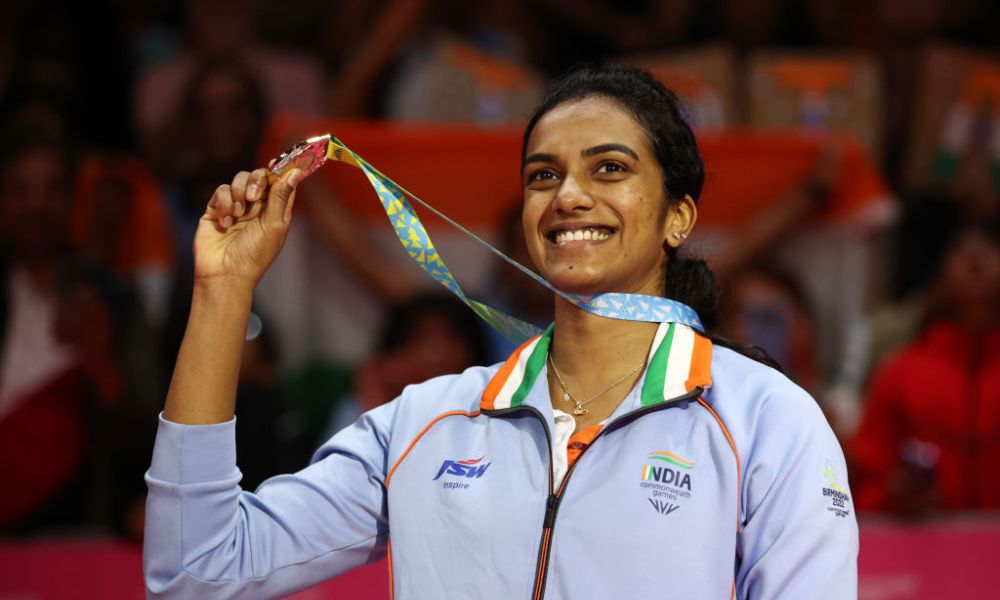China's Yu Zidi, a 12-year-old swimming prodigy, has become the youngest medalist in the 52-year history of the World Championships. While her talent has amazed the swimming world, her age has sparked a debate about the ethics of allowing such young athletes to compete at the highest level. The concerns center on the potential mental …
Too Young to Compete? The Debate Over China’s Swimming Phenom

China’s Yu Zidi, a 12-year-old swimming prodigy, has become the youngest medalist in the 52-year history of the World Championships. While her talent has amazed the swimming world, her age has sparked a debate about the ethics of allowing such young athletes to compete at the highest level. The concerns center on the potential mental and physical toll on a child’s body and mind.
Experts Weigh In on the Controversy
Child protection advocates like author Linda Flanagan argue that it is not in a child’s best interest to put all their focus on one activity, as it can be overwhelming and lead to mental health challenges. Flanagan states that a 12-year-old’s body isn’t equipped to handle the rigorous training required.
However, some former athletes, like Olympic swimmer Sharron Davies, have a different perspective. Davies believes that for a young prodigy like Yu, competing at a major event would be an exciting and thrilling experience with “nothing to lose and everything to gain.” She says it’s a “total misconception” that Yu would have been extremely nervous.
A Potential Rule Change and an Uncertain Future
Yu’s success has prompted World Aquatics, the global governing body for swimming, to re-evaluate its minimum age rule. The current by-laws allow younger swimmers with qualifying times to compete, but the executive director has stated that they will now “take a look” at the rule to determine if it is still appropriate. Despite her success, the article notes that a Chinese state broadcaster reported that Yu considered quitting swimming last year due to the pressure, and a sports science expert points out that very few young phenoms continue to excel as adults.







